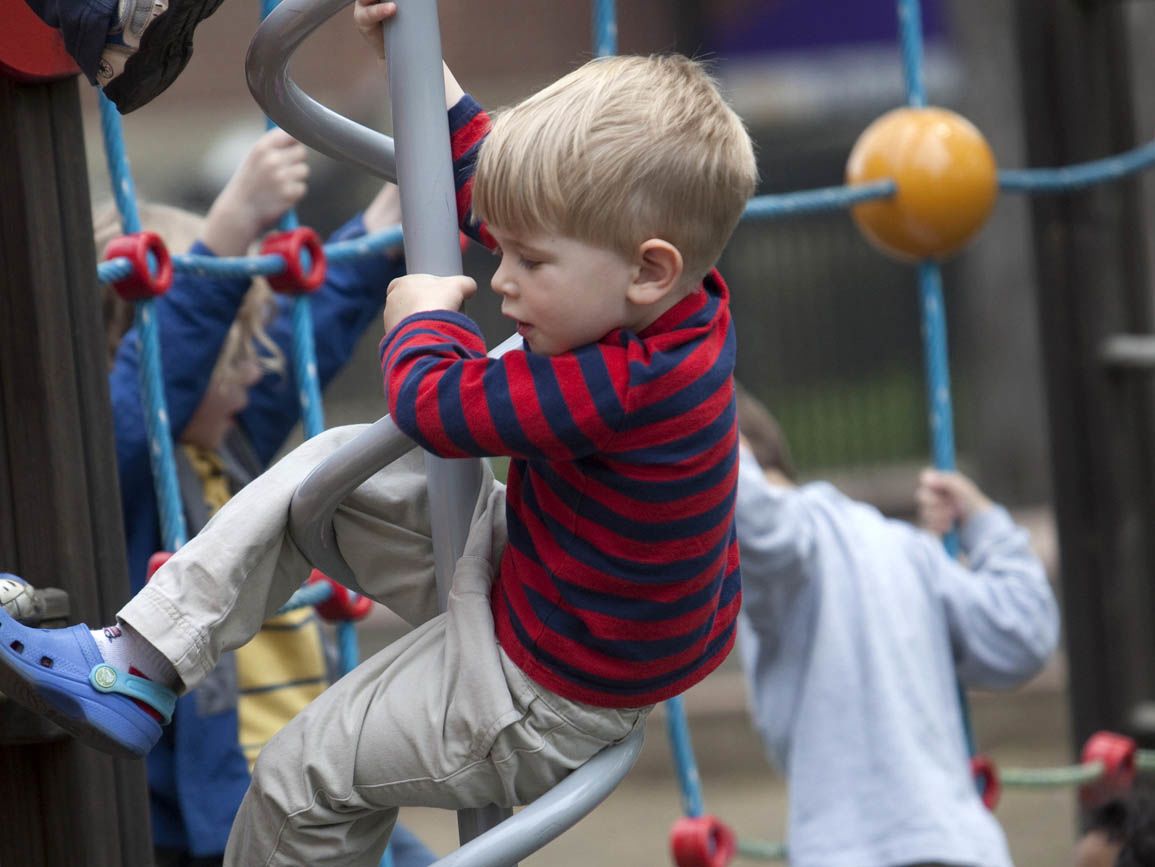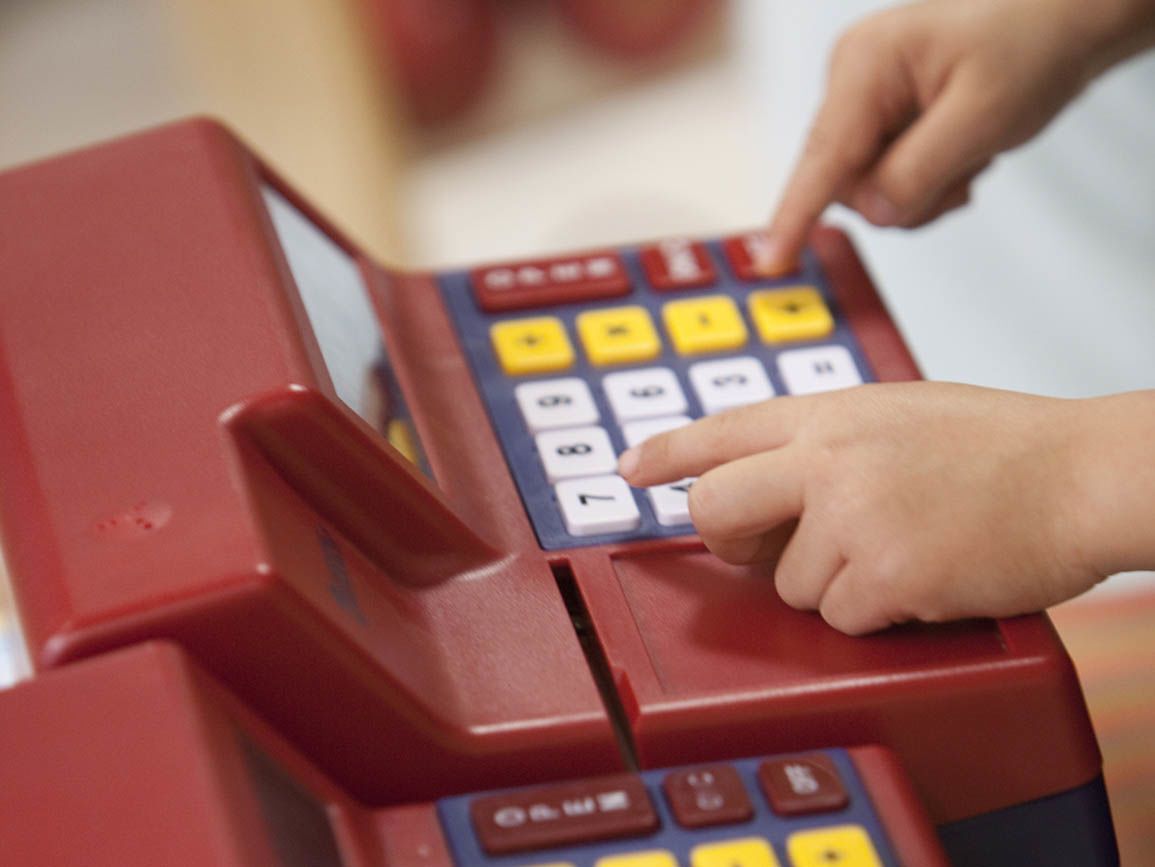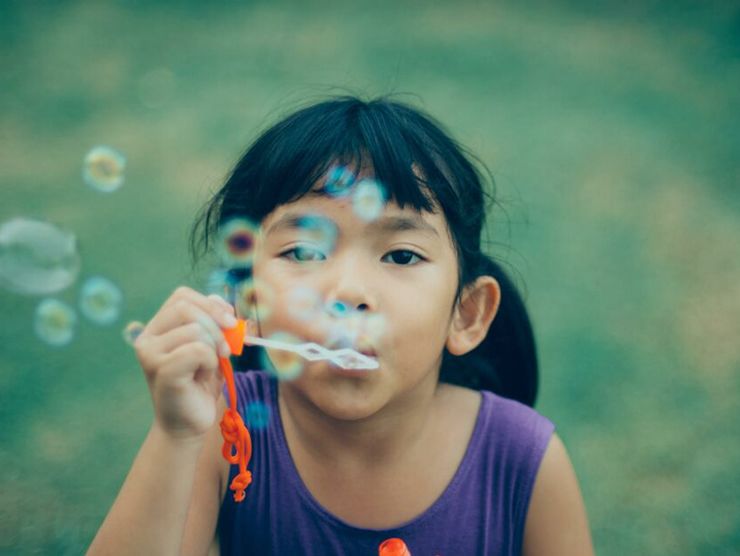The transition from preschool to elementary school is a big change for a child. How do we prepare children to thrive in the first years of school and beyond?
Being ready for school encompasses all aspects of a child’s development, e.g., social-emotional, cognitive, and motor. Young children are still gaining many skills, but they should be able to interact with teachers and peers, focus and attend (at least for a while), show curiosity and interest in learning, and understand early literacy and math concepts.
Our Discovery Driven Learning® framework for science-informed teaching and learning builds on decades of research and contemporary brain and child development findings to prepare children for school and for life. Children in Bright Horizons’ preschool and kindergarten prep programs are very prepared to thrive and reach their full potential. According to the World Economic Forum, some of the skills most needed for the future include curiosity, creativity and lifelong learning.
School readiness looks like a child who, among other skills, can:
- Recognize many letters, shapes, and numbers
- Understand basic patterns, sequencing, and sorting
- Understand and follow simple directions
- Be a curious and creative problem-solver
- Communicate, listen, and express themselves
- Engage with and have fun with peers and friends
- With support, understand and manage emotions and behavior
In order to feel more confident while at school, encourage your child to practice self-care and independence skills. Allow them to:
- Manage snack and lunch containers alone
- Practice hand-washing, nose-wiping, and other personal hygiene tasks
- Clean up after themselves and look after their belongings in the classroom
Here are a few more ideas for what you can do at home to help your child feel ready for school:
- Provide plenty of opportunities to enjoy books — go to the library, read, and invent stories together.
- Ask ‘thinking’ questions: What do you think? How do you think that works? What are you planning?
- Limit the use of ‘school readiness’ worksheets, software, and apps — they often prioritize memorization and can take away from more authentic learning.
- Allow their inquiries and interests to guide their learning. If they want to talk dinosaurs, help them research what they eat, find items that are the same length as their feet, explore their habitat and build a mini-replica, and provide materials that inspire dinosaur imaginary play
- Model and practice managing emotions, self-calming, taking others’ perspectives, and empathy.
- Focus on whole-child development including learning through play and relationship building. Your child’s early years build a foundation for all that comes next.
- Offer rich, diverse, meaningful, and authentic opportunities to explore and discover the world, while recognizing that each child develops at their own pace.
One of the simplest and most effective things you can do to support your child’s growth is to make time for meaningful play. Playful moments spent together are immensely beneficial to your child. Play games, explore nature, work on a project, or serve a neighbor. Rich life experiences prepare children for the exciting world beyond preschool.
Learn more:





